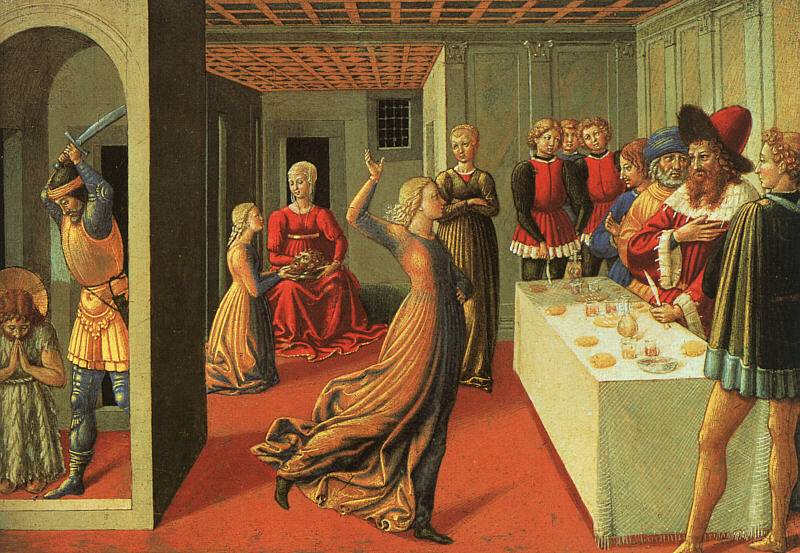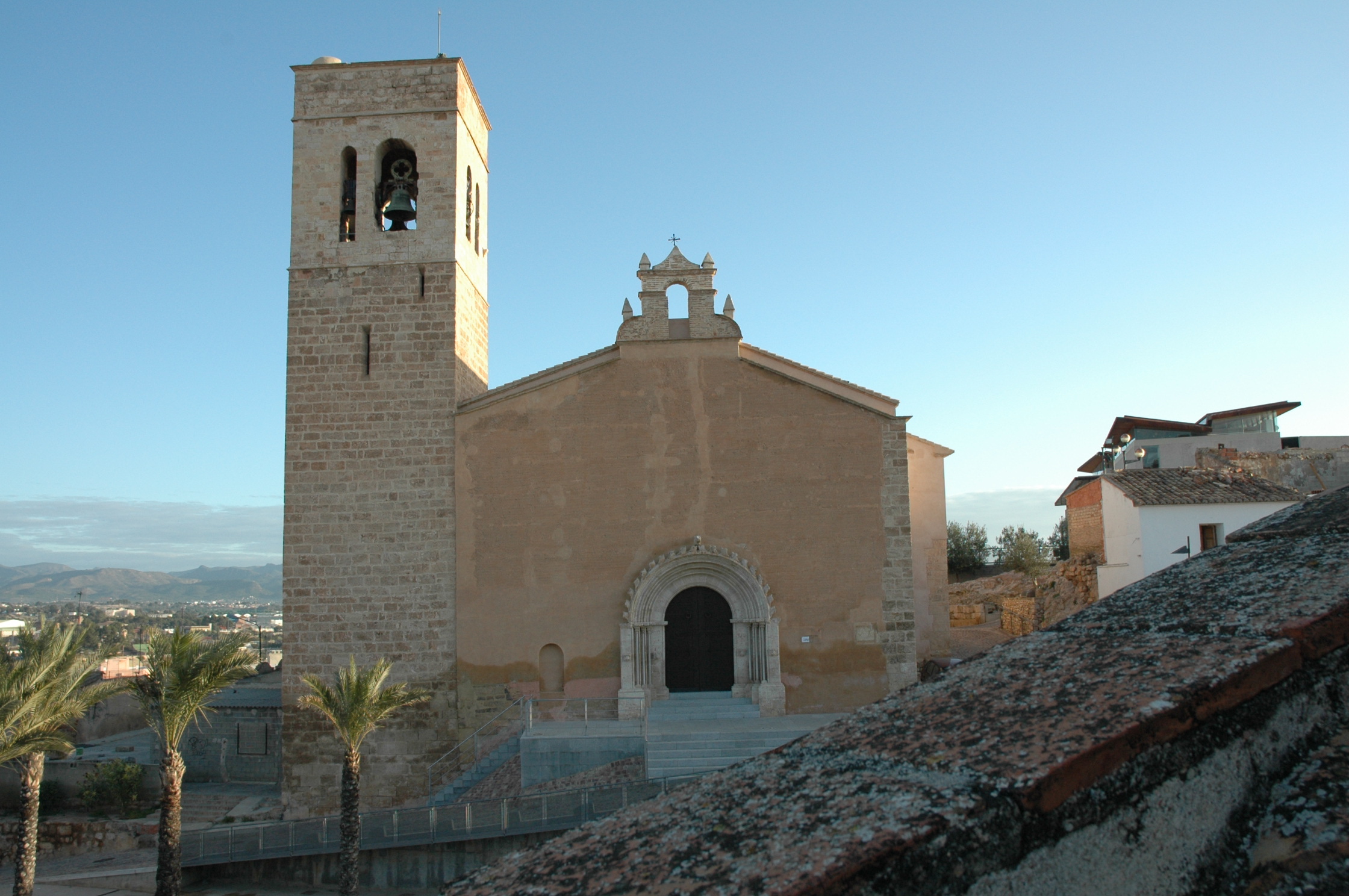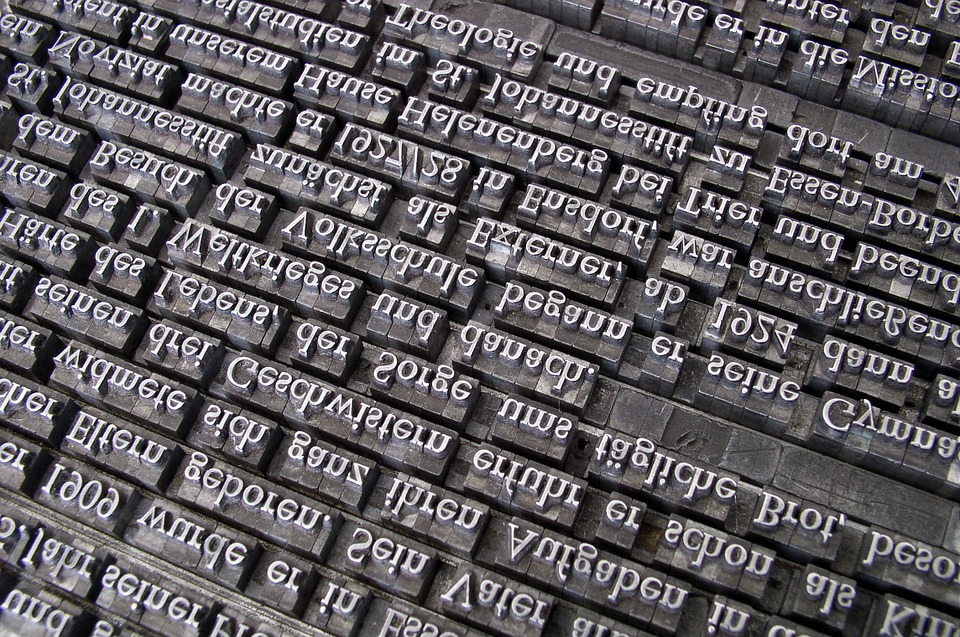
The irruption of printing in the Middle Age meant a revolution: books could be copied faster than ever before and its impact was incalculable
11 march 2016
Modern history would be inconceivable without the invention of printing since its use changed completely the Western culture and, lately, the world’s history. Until 1453 knowledge was transmitted via manuscripts written by monks: with the invention of printing the process of copying was accelerated and within a few years writings covered a great part of the public thanks to the dissemination of knowledge and the decrease in the price of production costs.
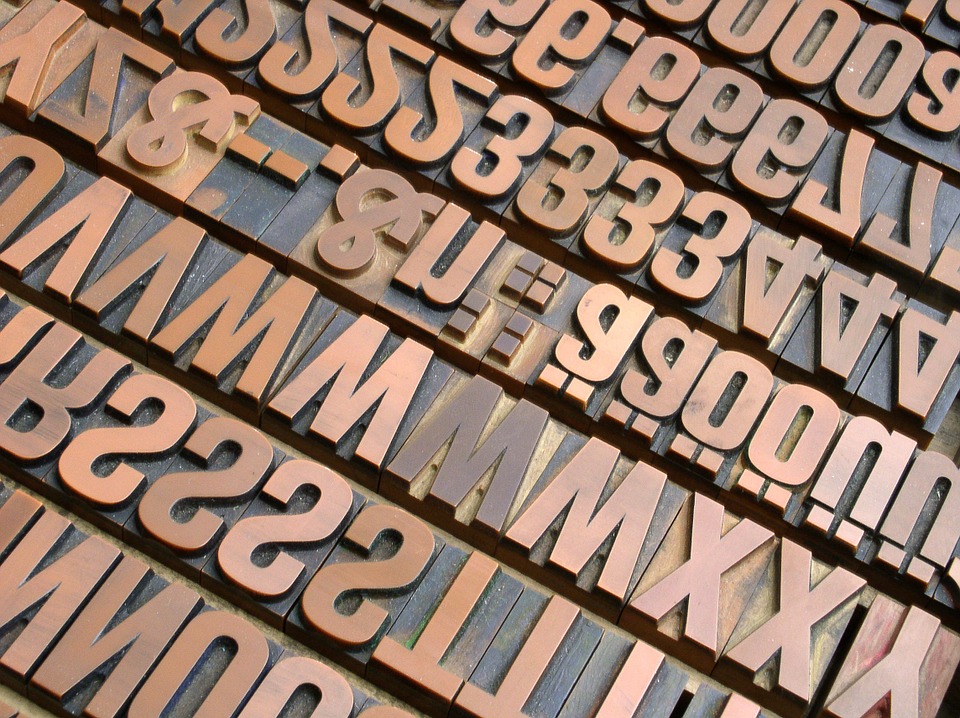
Monks were until the 15th century the only solid written sources of the society. The feudalism gave the role of disseminating knowledge to the catholic church, therefore accepted the censoring of this institution and the indications of the “agenda setting”, which issues were acceptable to speak about and which were relegated to the forget. With the invention of Johannes Gutenberg (Germany, around 1453) the copying work was expanded and companies managing printings and capital came into play.
During the time monks had the power of controlling writings in all Europe, literacy rates were negligible. Once the copying of books became a work of printings, these were regulated by the most demanded issues and they started to print on request. Once over the previous censure, there was freedom to print books of different areas and this circle was opened over the years. Once the church and absolute monarchies lost the power of controlling everything printed, the diffusion of ideas challenging feudalism and religion spread all over Europe.
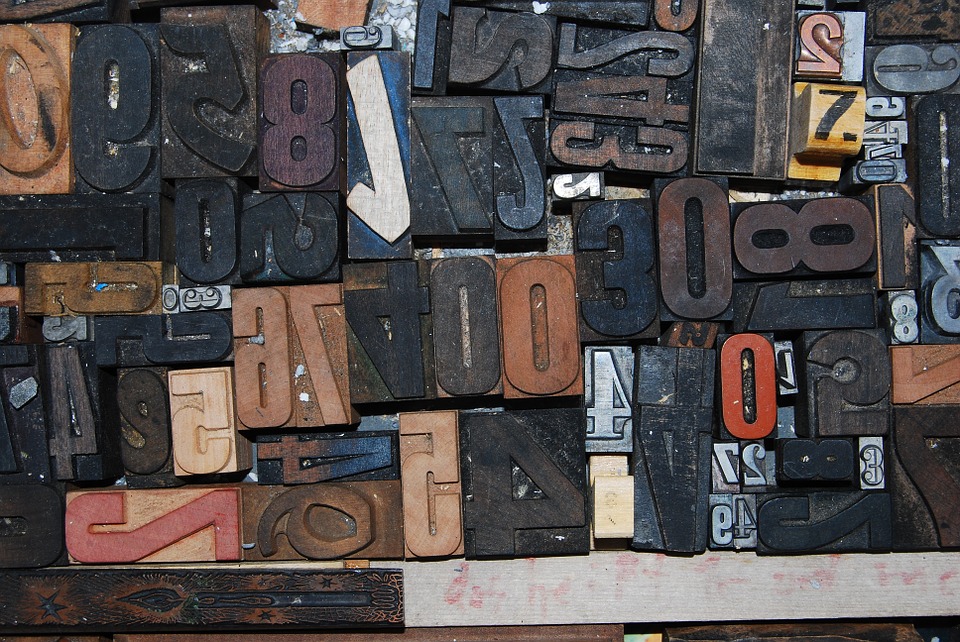
Basically, the invention of printing made possible the multiplication of texts in the Middle Age, when the edition of books was highly restricted, it revolutionised culture increasing the number of potential readers due to the multiplication of the number of books and the reduction of their cost, therefore literacy had an incredible boost never seen before.
Printing meant the most important revolution against absolute powers (monarchies and churches) since it spread knowledge, something these powers kept for themselves during the ten centuries of the Middle Age.
Published by: Inés Luján








